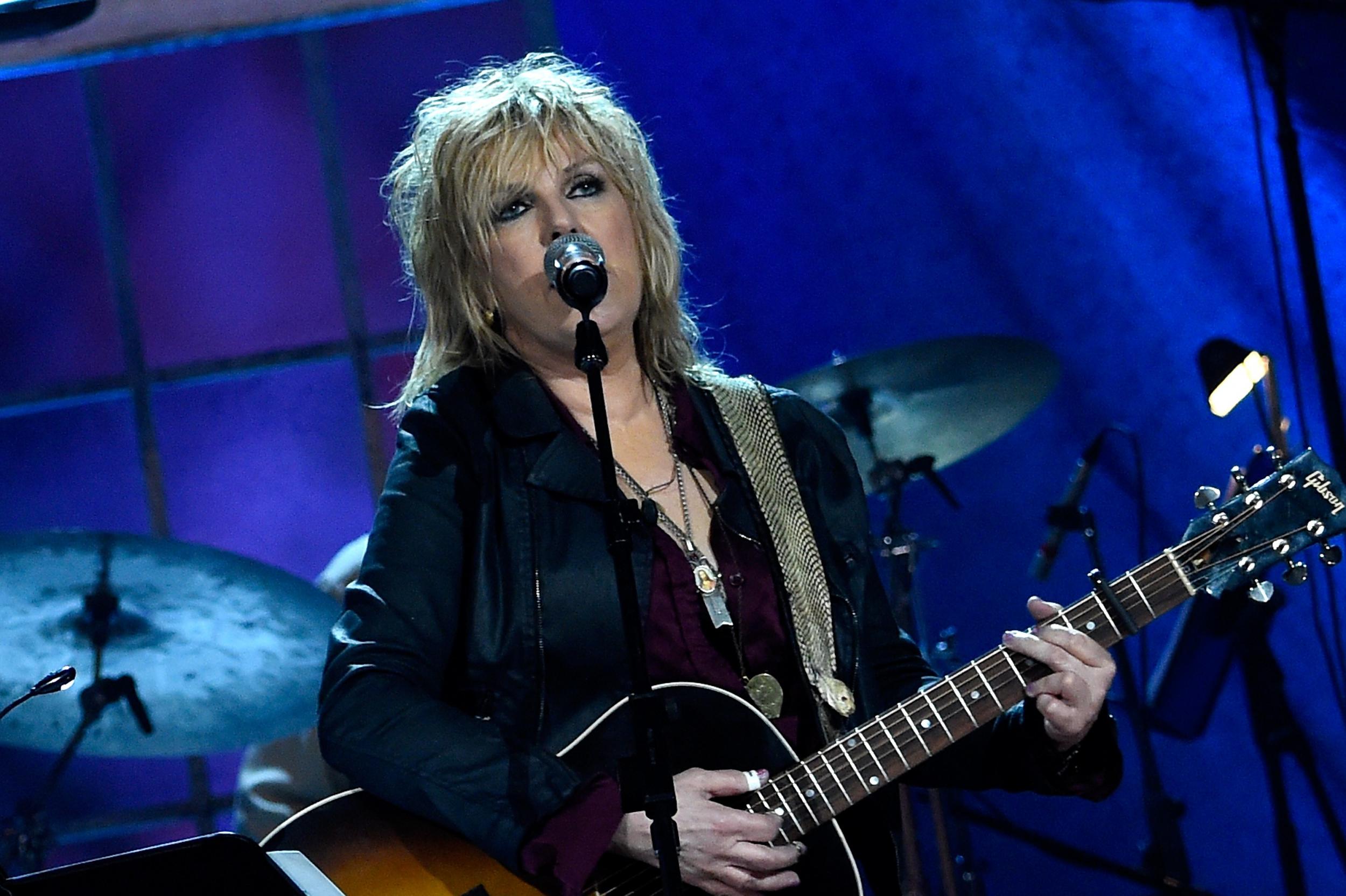Lucinda Williams, The Ghosts of Highway 20: 'Folk-rocker’s bitter and brutal travelling talest', album review
Download: Louisiana Story; If My Love Could Kill; Ghosts Of Highway 20; House Of Earth; I Know All About It; Doors Of Heaven

Your support helps us to tell the story
From reproductive rights to climate change to Big Tech, The Independent is on the ground when the story is developing. Whether it's investigating the financials of Elon Musk's pro-Trump PAC or producing our latest documentary, 'The A Word', which shines a light on the American women fighting for reproductive rights, we know how important it is to parse out the facts from the messaging.
At such a critical moment in US history, we need reporters on the ground. Your donation allows us to keep sending journalists to speak to both sides of the story.
The Independent is trusted by Americans across the entire political spectrum. And unlike many other quality news outlets, we choose not to lock Americans out of our reporting and analysis with paywalls. We believe quality journalism should be available to everyone, paid for by those who can afford it.
Your support makes all the difference.Sometimes, an artist will hit a sweet spot of creative lucidity in which the work just seems to pour out of them with clarity and conviction, untainted by compromise or constructed motives.
That’s the place that Lucinda Williams has been operating in for the past year and a half, producing enough quality material to follow last year’s double-album Down Where the Spirit Meets the Bone with another double-album of equivalent potency.
The songs on The Ghosts of Highway 20 have the unerring ring of truth about them, shining glimmers of light into dark and unpalatable corners of life. It speaks volumes about the standard of her work that covers of Springsteen’s grim account of blue-collar misery “Factory” and Woody Guthrie’s unflinching prostitution song “House of Earth” don’t stand out as anything special, just further examples of the hard times covered elsewhere on the album.
A part of this is surely down to Williams’ delivery: the glumness of tone on the latter song excavates untold depths of loneliness armoured with brazen unrepentance and more than a touch of empathy.
There’s a generosity and even-handedness about it that recurs in some of Williams’ own songs, such as “I Know All About It”, offering sympathetic advice to another girl who’s been living “on the jazz side of life”. “You wonder where your spirit went, and that wild, abandoned feeling,” she empathises, while the resonant twang of Greg Leisz and Bill Frisell’s electric guitars tumble from separate channels, like falling stars.
Leisz and Frisell appear on most of the album’s 14 songs, with the latter’s extemporised ruminations showcased on the concluding 12-minute plea, “Faith & Grace”.
Their most striking moment together, however, comes on the other CD’s lengthy closing track, “Louisiana Story”, whose aptly fetid, swampy, sluggish demeanour disguises the darker undertones of childhood memories..
Death is a constant uninvited guest in these songs. In “Death Came”, the grief of bereavement is characterised as a river current trying to drag you down; in “Doors of Heaven”, the misery of life prompts musings on the possible comfort of death; and most personal of all, the elegant, refined rumba shuffle of “If My Love Could Kill” finds Williams inveighing against a debilitating disease, presumably the spina bifida that has afflicted both she and her father.
With bitter relish, she imagines the light of her love killing this “destroyer of brilliance, destroyer of hope, invader of skin, invader of bone”.
Enjoy unlimited access to 100 million ad-free songs and podcasts with Amazon Music
Sign up now for a 4 month free trial (3 months for non-Prime members)
Enjoy unlimited access to 100 million ad-free songs and podcasts with Amazon Music
Sign up now for a 4 month free trial (3 months for non-Prime members)
It’s a remarkable performance that takes full advantage of the intrinsically bitter timbre of her voice, which visits places few other singers – save perhaps Tom Waits – would want to explore, even if they could find those uncharted regions of the soul.
There’s something almost feral, for instance, about the growl with which she opens “Doors of Heaven”, a cri de coeur that comes from a place beyond language. It’s this weary, bedraggled fatalism that brings truth and life to “Ghosts of Highway 20” itself, combining with the sluggish drums, mournful harmonica and weeping guitars to evoke an iconic place, somewhat akin to the fabled crossroads of Robert Johnson legend, but in this case a place where spirits die.
“I’m next of kin to all the ghosts of Highway 20”, sings Williams, and you know those ghosts can never be exorcised.
The only solace to be found, it seems, is in the co-dependency of rascals in love, as celebrated in songs such as “Place in My Heart” and especially “Can’t Close the Door on Love”. “I know we fight, and we can raise some hell,” she sings, “but I’m gonna be with you for the rest of my life.”
Join our commenting forum
Join thought-provoking conversations, follow other Independent readers and see their replies
Comments